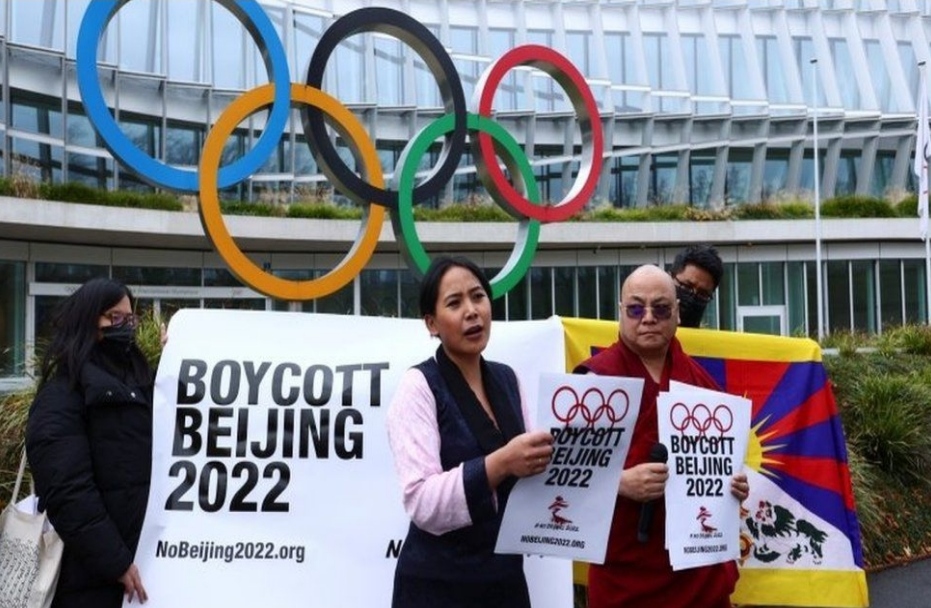2022 Beijing Winter Olympics: Australia too joins diplomatic boycott

Australia has said it will join the US in a diplomatic boycott of the 2022 Winter Olympics in China.
Prime Minister Scott Morrison said the decision was in response to “human rights abuses” in China’s Xinjiang province and “many other issues that Australia has consistently raised”.
Athletes would still attend, he added.
China has condemned the US announcement and threatened to retaliate, without giving further details.
On Monday, the US said it would not send diplomats to the Games in Beijing over concerns about China’s human rights record. Mr Morrison said it was “no surprise” that Australia had joined the boycott, given relations with China had deteriorated in recent years.
“I’m doing it because it’s in Australia’s national interest,” he said on Wednesday. “It’s the right thing to do.”He accused China of rejecting opportunities to improve relations, insisting Australia remained open to bilateral talks.
The Chinese embassy in Australia responded by saying: “Mountains cannot stop the river from flowing into the sea. Australia’s success at the Beijing Winter Olympics depends on the performance of Australian athletes, not on the attendance of Australian officials, and the political posturing by some Australian politicians.”
It added that the blame for the current state of China-Australia relations “lies squarely on the Australian side”.
Meanwhile at a media briefing on Tuesday, Chinese foreign ministry spokesman Zhao Lijian accused the US of violating “political neutrality in sport” and said the proposed boycott was “based on lies and rumours”.
Tensions are high between the two countries. The US has accused China of genocide in its repression of the predominantly Muslim Uyghur minority in the western region of Xinjiang – an allegation China has strongly denied.
Relations are also strained over China’s suppression of political freedoms in Hong Kong, and because of concerns for the Chinese tennis player Peng Shuai, who was not seen for weeks after she accused a top government official of assault.
Canberra has increasingly come to view China as a security threat amid allegations that Beijing has interfered in Australian politics and society.
It has also raised concerns over two Australian citizens who remain imprisoned in China. Pro-democracy writer Yang Hengjun has denied charges of espionage and allegedly faced torture since his arrest in January 2019. Journalist Cheng Lei has been held without charge since August last year.
Other countries – including Canada and Japan – are also said to be considering diplomatic boycotts of the Games. New Zealand has confirmed it will not send officials due to Covid concerns.
The Australian Olympic Committee said it supported its government’s move but was keen to ensure safety for its approximately 40 athletes going for the games.




